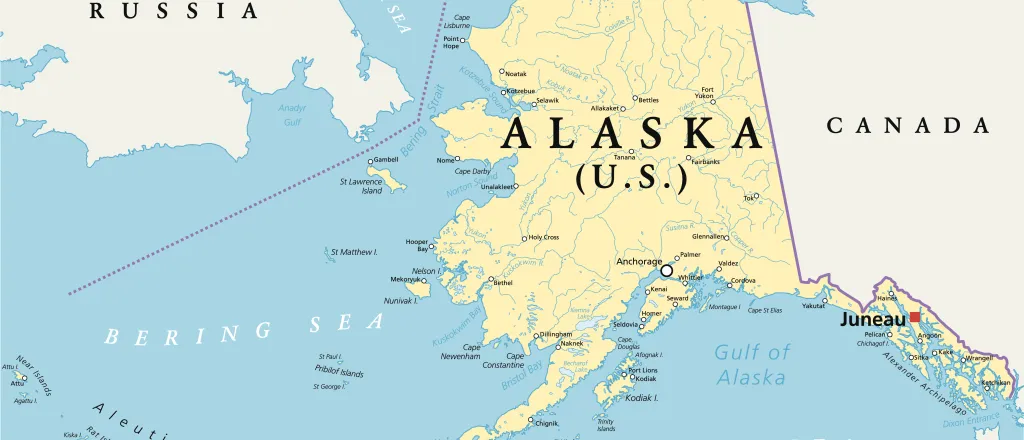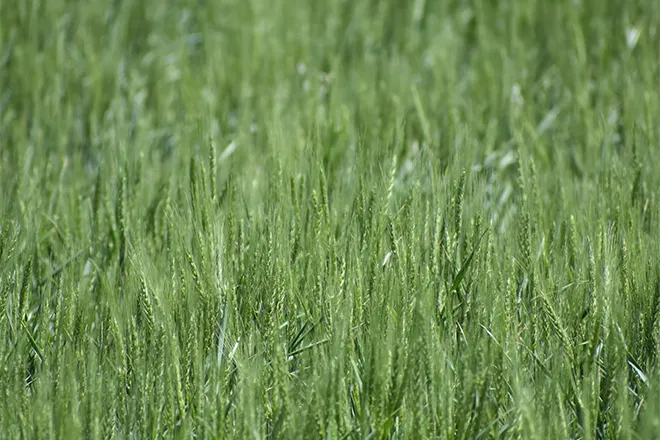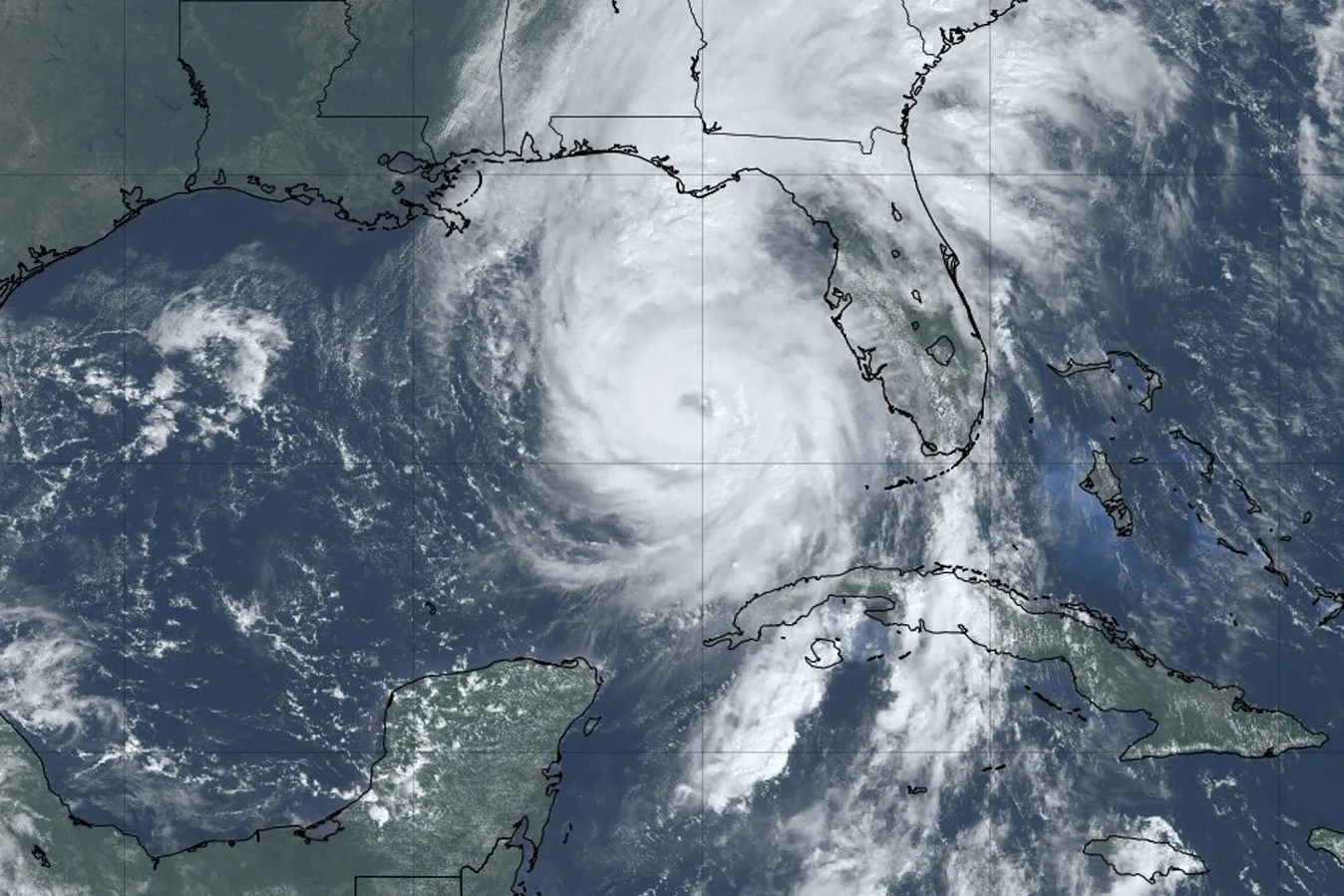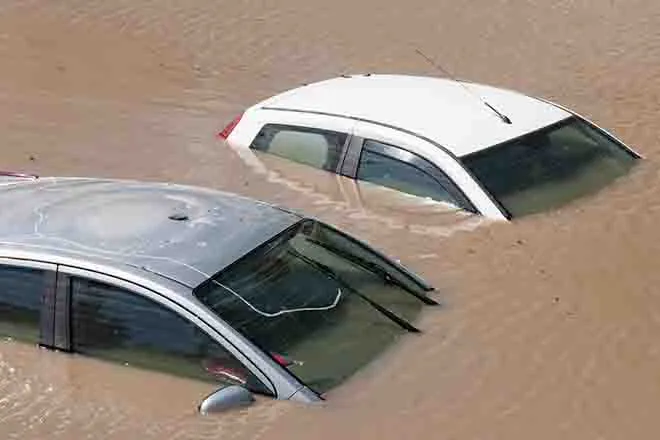
Alaskan belugas face threat from dwindling food supply, pollution
Click play to listen to this article.
(Alaska News Service) Beluga whales are known as the "canaries of the sea" for their melodious songs but conservation groups are concerned one pod in Alaska could be rendered silent.
Belugas have lived in the Cook Inlet near Anchorage for centuries but because of a deteriorating environment, they are now on the federal Endangered Species list.
Ragen Davey, Alaska marine representative for Defenders of Wildlife, said the population of the extremely social and vocal Cook Inlet belugas has alarmingly decreased by about 80 percent since the 1970s.
"They stay in Cook Inlet all year round," Davey explained. "They live under the ice for parts of it. There's so many different threats that are affecting them. The three main ones are noise pollution, water pollution and prey availability."
Davey noted the Beluga whales are experiencing a variety of threats not endangering other whale populations in Alaskan waters. She pointed out their territory in the Cook Inlet is right outside one of the most developed areas of the state.
While orcas and polar bears are the belugas' natural predators, Davey emphasized water pollution and a diminishing salmon population account for much of their decline. And although by law they are no longer hunted by humans, the trappings of modern-day civilization also weigh on their survival.
"When feeding, belugas use echolocation to find food," Davey added. "Parts of their habitat are in a lot of the most developed parts of the state in Cook Inlet, so commercial ships and machinery noise can really impact the whales when they're trying to find food and talk with each other."
The National Oceanic and Atmospheric Administration's Alaska Beluga Monitoring Program trains volunteer citizen observers to monitor the whales at various points along the inlet and report their findings. Davey stressed the extra eyes are needed to count them and keep tabs on the species' progress.
"I really encourage Alaska residents to sign up to volunteer for the monitoring program," Davey urged. "The more people that understand what this population is enduring, the more people that are able to join in on the recovery."

















